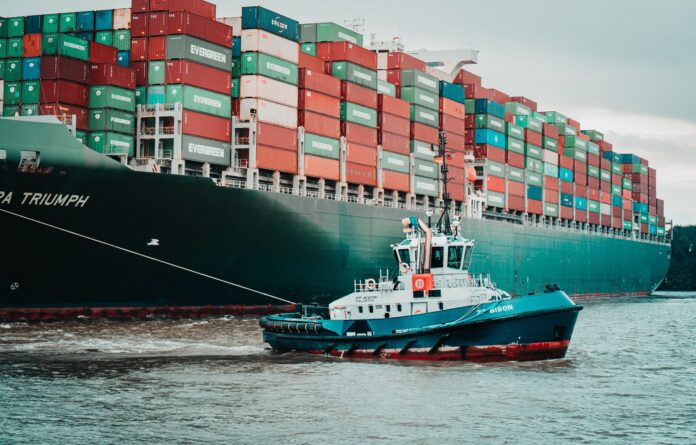Global supply chains are complex webs of interconnected businesses spanning international borders and oceans. While globalization has allowed companies to reduce costs and access new markets, it has also exposed them to an array of risks. Supply chain risk management has become crucial for navigating the challenges of today’s global marketplace. This article will examine the key risks affecting global supply chains and strategies for mitigating those risks.
Rising Geopolitical Tensions
Geopolitical conflicts and trade wars can severely disrupt global supply chains. For example, the recent tensions between the US and China led to increased tariffs between the two economic superpowers. These tariffs made it more expensive for companies to source products from Chinese manufacturers. Supply chain managers need to closely monitor geopolitical developments and have contingency plans to pivot sourcing and logistics if relations between key trading partners deteriorate. Diversifying the supply base across different geographies can mitigate over-reliance on any one country.
Increasing Natural Disasters
Natural disasters such as earthquakes, floods, and storms are growing more severe and frequent due to climate change. Extreme weather events can damage manufacturing facilities and critical transportation infrastructure like ports and roads. For instance, the 2011 earthquake in Japan disrupted automotive and electronics supply chains around the world. Building redundancy across multiple sites and maintaining adequate inventory buffers can help overcome supply disruptions from natural disasters. Supply chain mapping tools can identify high-risk areas to avoid.
Cyber Risks
Digital connectivity has increased supply chains’ exposure to cyberattacks like ransomware. A cyberattack can paralyze a company’s operations and ripple out across its supply network. Supply chain managers should implement robust cybersecurity defenses and ensure all entities in their network have adequate protections. They can conduct cyber audits of third-party partners to detect potential vulnerabilities. Having cyber insurance also provides financial protection against losses from an attack.
Compliance Challenges
Global supply chains must comply with varied regulations and requirements that differ across markets. For example, the European Union has strict privacy standards and product traceability mandates. Failure to adhere to local compliance rules can result in fines, product delays, or loss of license to operate. Organizations should implement compliance management systems and provide training to employees involved in global supply chain activities. Partnering with local providers in each market can also help navigate market-specific compliance.
Financial Volatility
Currency exchange rate fluctuations and commodity price instability inject financial uncertainty into global supply chains. Sudden currency movements can shrink margins for importers and exporters. Spiking material costs can increase product prices for consumers. Supply chain managers should closely track forex and commodity market movements and use hedging mechanisms like forward contracts to lock in favorable rates. Developing suppliers in multiple countries provides a natural hedge against currency volatility in any single market.
Assessing and Mitigating Risk
With suppliers, production facilities, distributors and customers spread worldwide, supply chains now involve numerous potential weak points. Risks can range from earthquakes and floods that damage infrastructure to political instability in a manufacturing country. Trade wars or tariffs could abruptly hike costs or cause shortages. It’s essential for companies to regularly assess risks across their supply chain and develop contingency plans.
Supply chain risk management platforms use data aggregation, analytics and modeling to provide real-time visibility into worldwide supplier networks. Leaders can see potential chokepoints and vulnerabilities in order to mitigate risk. With early warnings, they can enact risk avoidance strategies, implement security measures, or find alternative sources.
Global supply chains offer tremendous opportunities but also expose companies to an array of risks that must be managed. By investing in supply chain visibility tools, diversifying their supplier network, implementing cybersecurity protections, and monitoring macroeconomic trends, supply chain managers can position their organizations to thrive amidst global volatility. Though challenges remain, those who navigate them successfully will gain a distinct competitive advantage. With resilience and agility, global supply chains can continue enabling businesses to improve their performance.

















